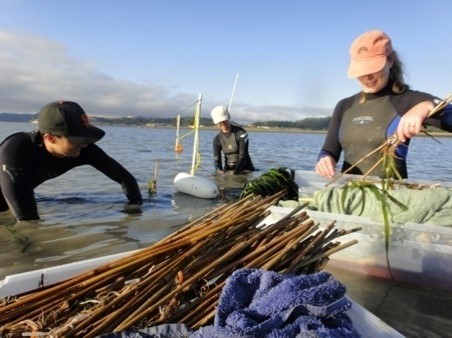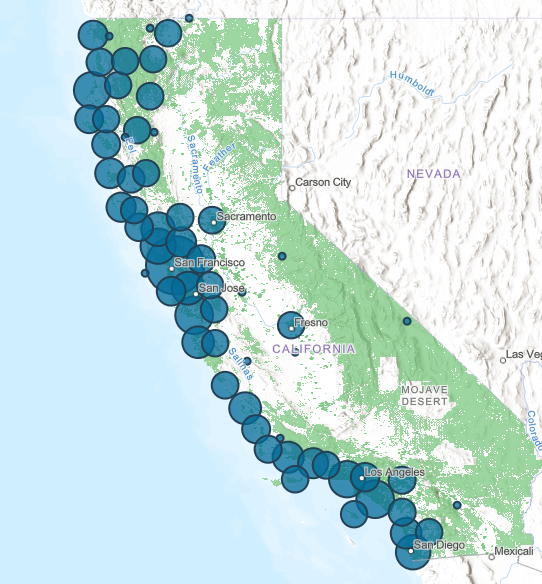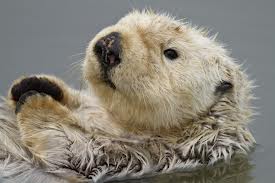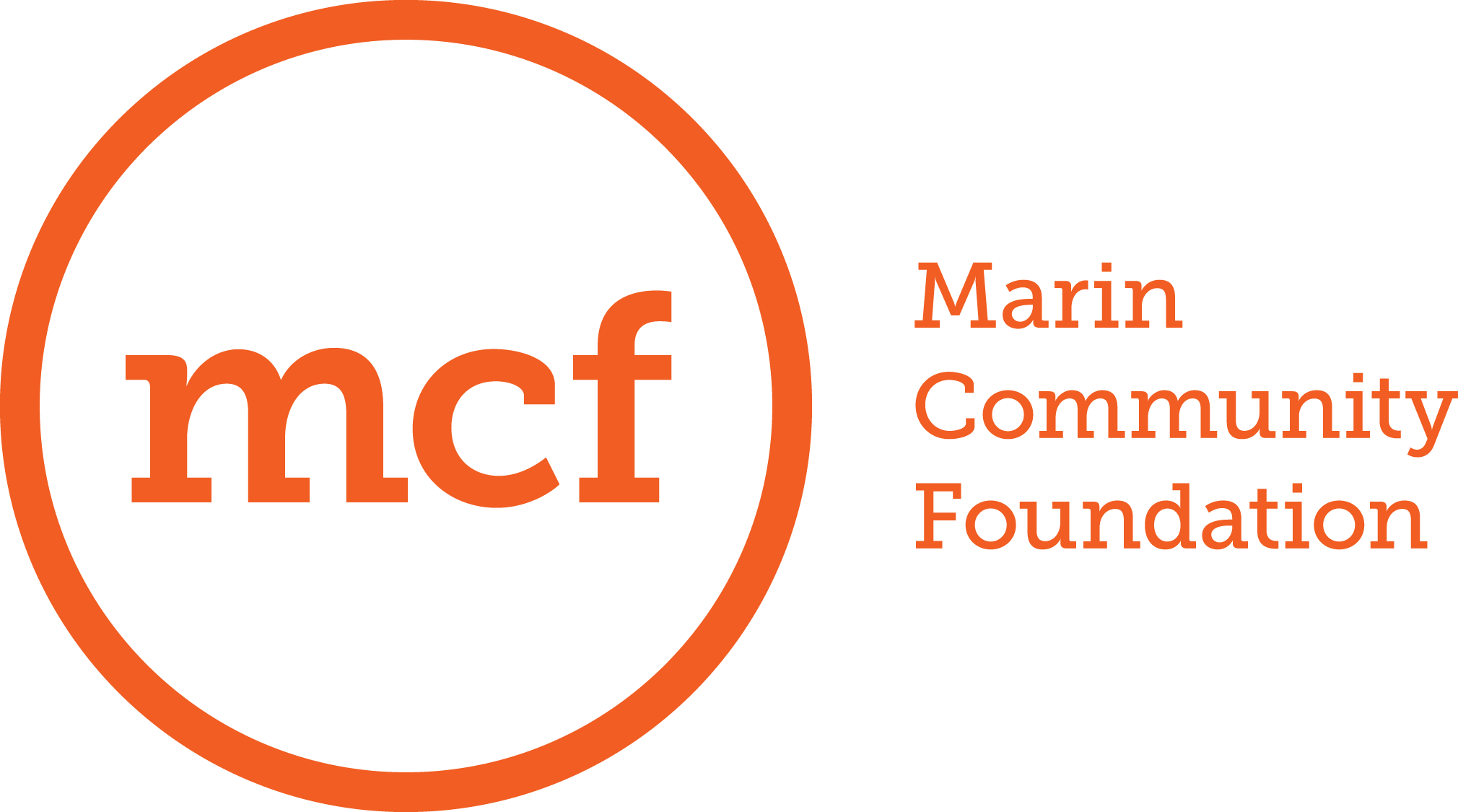Grant Announcement: Advancing Nature-Based Adaptation Solutions in Marin County
The California State Coastal Conservancy (Conservancy) announces the availability of a third round of funding through its Advancing Nature-Based Adaptation Solutions grant program for Marin County. These grants are made possible by funding from the Buck Family Fund of the Marin Community Foundation to address the impacts of climate change, specifically sea level rise, particularly on low-income communities and other underserved populations in Marin County.
Up to $900,000 is available for awards through this year’s competitive grant program. The minimum grant amount is anticipated to be $50,000; the maximum grant amount is anticipated to be $200,000. All applicants must submit a proposal application. Proposals will be evaluated and the top-ranked proposals will be approved in mid to late 2019. Applications are due April 1, 2019.
The proposal application and guidelines can be downloaded in Word here and viewed in PDF here.
There will be an informational meeting on Monday March 4, 2019 from 3-4pm at the offices of Marin Community Foundation, 5 Hamilton Landing, Suite 200, 94949 in Novato. Please come up to the second floor and check in with reception when you arrive. Please indicate your interest in attending by sending an RSVP to marilyn.latta@scc.ca.gov by March 1.

Eelgrass Planting
The Advancing Nature-Based Adaptation Solutions grant program seeks to support planning, design, permitting, implementation, education, and/or community-based restoration activities to address the risks and impacts of climate change and sea level rise; and to further advance nature-based adaptation solutions to protect and enhance the Marin County bay shoreline and outer coast. These funds can be used to support the following types of projects:
- Small to moderate size, high-priority restoration projects located within Marin County that advance regional coastal and baylands ecosystem habitat goals, particularly ‘living shoreline’ concepts, including restoring native oyster and eelgrass habitats, sand beaches and dunes, tidal marshes, and other shoreline habitats;
- Education and engagement of the public, especially underserved youth and communities more directly impacted by sea level rise, in restoration efforts, where possible;
- Capacity building among critical partners in order to translate scientific data and analysis into practical solutions for broader implementation.
Questions about the application process and potential projects may be directed to Marilyn Latta, 510-286-4157 or marilyn.latta@scc.ca.gov.
Latest News
- Press Release: Coastal Conservancy Awards over $40 million for coastal access, restoration, and climate resilienceOakland, CA (4/18/2024) – Today, the Board of the State Coastal Conservancy approved grants totaling over $40 million for coastal access, restoration, and climate resilience. Among the grants awarded today are: A grant of up to $6,000,000 to Humboldt County Resource Conservation District to undertake the North Coast Wildfire Resilience Planning and Implementation Grant Program, which […] (Read more on Press Release: Coastal...)
- Sea Otter Recovery Grants RFP Now Open!The California State Coastal Conservancy announces the availability of grants to public agencies, tribes and nonprofit organizations for projects that facilitate the recovery of the southern sea otter along California’s coasts. The California Sea Otter Fund is one of the state’s tax check-off funds that allows taxpayers to voluntarily contribute to the recovery of California’s […] (Read more on Sea Otter Recovery...)
- Coastal Conservancy Public Meeting in Oakland – April 18Meeting Notice Douglas Bosco (Public Member), Chair Marce Gutiérrez-Graudiņš (Public Member), Vice Chair Joy Sterling (Public Member) Jeremiah Hallisey (Public Member) Wade Crowfoot, Secretary for Natural Resources; Bryan Cash and Jenn Eckerle (Designated) Caryl Hart, Coastal Commission Chair; Madeline Cavalieri (Designated) Joe Stephenshaw, Director, Department of Finance; Michele Perrault (Designated) Senate Representatives Benjamin Allen (District […] (Read more on Coastal Conservancy Public...)

 Help Save Sea Otters at Tax Time
Help Save Sea Otters at Tax Time


